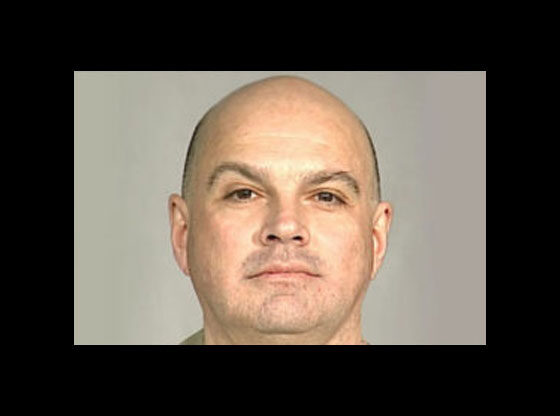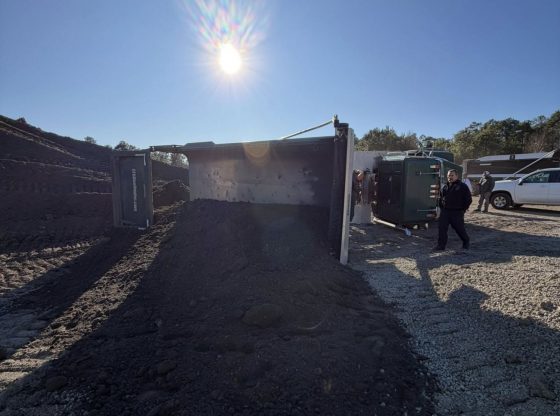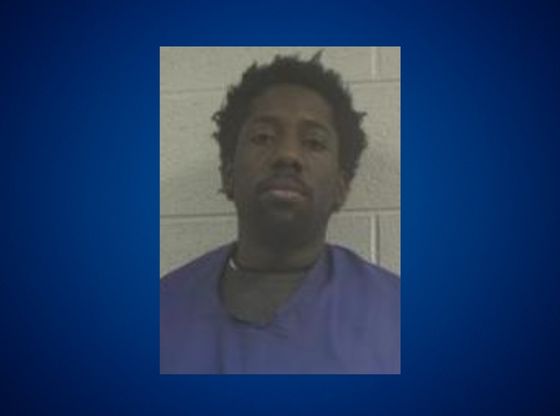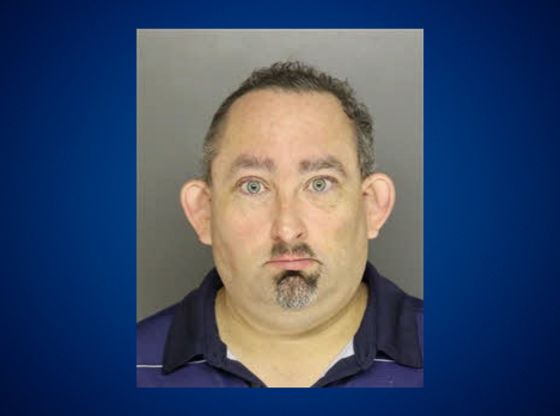A man was convicted in federal court in New York on April 6 for racketeering conspiracy, a violent crime in aid of racketeering, extortion, sex trafficking, forced labor, tax evasion, and money laundering offenses. Some of the charges stem from crimes committed at a home in Pinehurst, according to a New York indictment in 2020.
After less than a day of deliberations, the unanimous jury convicted Lawrence Ray, 62, of Piscataway, New Jersey, who also goes by Lawrence Grecco, of every count presented to the jury after a four-week trial, according to a press release from Damian Williams, United States Attorney for the Southern District of New York.
“Twelve years ago, Larry Ray moved into his daughter’s dorm room at Sarah Lawrence College,” said Williams in the release. “And when he got there, he met a group of friends who had their whole lives ahead of them. For the next decade, he used violence, threats, and psychological abuse to try to control and destroy their lives. He exploited them. He terrorized them. He tortured them. Let me be very clear. Larry Ray is a predator. An evil man who did evil things. Today’s verdict finally brings him to justice. This verdict would not have been possible without the victims who testified in court. We are in awe of their bravery in the face of incredible trauma.”
According to the indictment and the evidence at trial, the press release stated the following:
From in or about 2010 through the present, Ray, subjected a group of college students and other victims to sexual and psychological manipulation and physical abuse. Ray’s tactics included sleep deprivation, psychological and sexual humiliation, verbal abuse, threats of physical violence, physical violence, threats of criminal legal action, alienating the victims from their families, and exploiting the victims’ mental health vulnerabilities.
Through this manipulation and abuse, Ray extracted false confessions from the victims to causing purported damages to Ray and his family and associates and then extorted payment for those purported damages through several means. The victims made payments to Ray by draining their parents’ savings, opening credit lines, soliciting contributions from acquaintances, selling real estate ownership, and at Ray’s direction, performing unpaid labor for Ray and earning money through prostitution.
Through fear, violence, and coercion, Ray forced one female victim to engage in commercial sex acts to pay damages to Ray that she did not actually owe. Beginning when she was just a college student, Ray sexually groomed this victim and collected sexually explicit photographs and other personal information which he then used to coerce her into continued commercial sex acts. Ray also used physical violence. On one occasion, Ray tied his victim to a chair, placed a plastic bag over her head, and nearly suffocated her. Ray collected millions of dollars in forced prostitution proceeds from this victim.
In addition, Ray forced multiple victims to perform unpaid labor on a family member’s property in Pinehurst. Through a course of psychological and physical abuse, Ray forced these victims to do extensive physical labor, sometimes in the middle of the night, for no pay at the home on Scarborough Place in 2013. The indictment states they had to install an irrigation system at the location.
Associates of Ray helped him collect and transfer the criminal proceeds, which Ray shared with at least two associates. Ray then laundered his criminal proceeds through an internet domain business and evaded paying taxes on his proceeds.
Ray was returned to the custody of the U.S. Marshals following the return of the verdict. Ray was convicted of the following crimes: racketeering conspiracy, which carries a maximum of life in prison; conspiracy to commit extortion, which carries a maximum sentence of 20 years in prison; extortion, which carries a maximum sentence of 20 years in prison; sex trafficking, which carries a maximum sentence of life in prison, and a mandatory minimum sentence of 15 years in prison; obtaining forced labor, which carries a maximum sentence of 20 years in prison; forced labor trafficking, which carries a maximum sentence of 20 years in prison; conspiracy to obtain forced labor, which carries a maximum sentence of 20 years in prison; violating the Travel Act, which carries a maximum sentence of five years in prison; four counts of tax evasion, each of which carries a maximum of 5 years in prison, and money laundering, which carries a maximum sentence of 20 years in prison.
The sentencing of the defendant will be determined by a judge.
Picture of Lawrence Ray from the Department of Justice.
Contributed article.



















